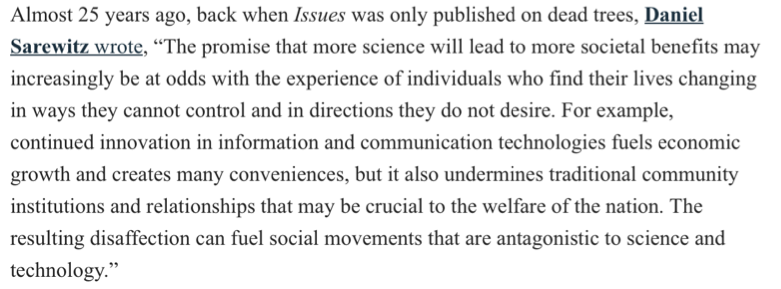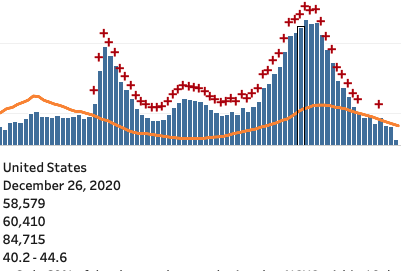The July 5 Lancet letter reaffirms the authors' earlier skeptical view of LabLeak. They cited some new studies and some older pieces in favor of Zoonosis. Summary of those sources below. (This post was originally a CSET-Foretell comment.)
(Limitation: I’m summarizing expert arguments - I can evaluate arguments and statistics, but I have to rely on experts for the core biology. )
Cell July 9: Four novel SARS-CoV-2-related viruses sequenced from samples; RpYN06 is now second after RaTG13, and closest in most of the genome, but farther in spike protein. Also, eco models suggest broad range for bats in Asia, despite most samples coming from a small area of Yunnan. The upshot is that moderate looking found more related strains, implying there are plenty more out there. Also, a wider range for bats suggests there may be populations closer to Wuhan, or to its farm suppliers.
May 12 Virological post by RF Garry: Thinks WHO report has new data favoring zoonotic, namely that the 47 Huanan market cases were all Lineage B, and closely-related consistent with a super-spreader; however, at least some of the 38 other-market cases were Lineage A. Both lineages spread from Wuhan out. Zoonosis posits Lineage A diverged into Lineage B at a wildlife farm or during transport, and both spread to different markets/humans. LabLeak posits Lineage A in the lab, diverging either there or during/after escape. Garry thinks it’s harder to account for different strains specifically in different markets. And the linking of early cases to the markets, just like the earlier SARS-CoV. A responder argues for direct bat-to-human transfer. Another argues that cryptic human spread, only noticed after market super-spread events, renders the data compatible with either theory.
Older (Feb) Nature: Sequenced 5 Thai bats; Bats in colony with RmYN02 have neutralizing antibodies for SARS-CoV-2. Extends geog. distribution of related CoVs to 4800km.
June Nature Explainer: tries to sort un/known. “Most scientists” favor zoonosis, but LL “has not been ruled out”. “Most emerging infectious diseases begin with a spillover from nature” and “not yet any substantial evidence for a lab leak”. Bats are known carriers and RATG13 tags them, but 96% isn’t close enough - a closer relative remains unknown. “Although lab leaks have never caused an epidemic, they have resulted in small outbreaks”. [I sense specious reasoning there from small sample, but to their credit they point out there have been similar escapes that got contained.] They then consider five args for LL: (1) why no host found yet? (2) Coincidence first found next to WIV? (3) Unusual genetic features signal engineering (4) Spreads too well among humans. (5) Samples from the “death mine” bats at WIV may be the source. In each case they argue this might not favor LL, or not much. Mostly decent replies, moving the likelihood ratio of these closer to 1.0, which means 0 evidence either way.
Justin Ling’s piece in FP: I’m not a fan. As I’ve argued elsewhere, it’s uneven at best. Citing it almost count agains them. Still, mixed in with a good dose of straw-man emotional arguments, Ling rallies in the last 1/3 to raise some good points. But really just read the Nature Explainer.
I think collectively the sources they cite do support their position, or more specifically, they weaken some of the arguments for LabLeak by showing we might expect that evidence even under Zoonosis. The argument summaries:
Pro-Z: (a) Zoonosis has a solid portfolio; (b) There’s way more bats out there than first supposed; (c) There’s way more viruses in them bats; (d) Implicit, but there’s way more bush meat too;
Anti-LL: Key args for LabLeak are almost as likely under zoonosis. Although not mentioned here, that would, alas, include China’s squirreliness.
Based on these I revised my LL forecast from 67% ➛ 61%. The authors put it somewhere below 50%, probably below 10%. Fauci said “very, very, very, very remote possibility”. That seems at most 1:1000, as “remote” is normally <5%. Foretell and Metaculus are about 33%, so I may be too high, but I think we discounted LL too much early on.

